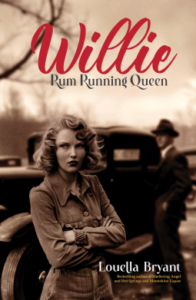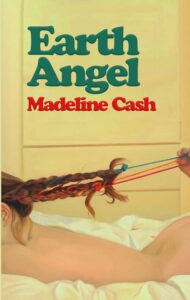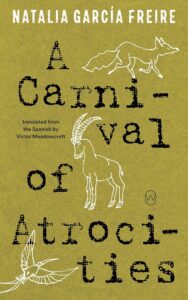(Reviewed by JD Jung)
Author Louella Bryant has always been fascinated with the illegal bootleg business during the Prohibition era. This has led her to bring the history to life in her captivating historical novel, Willie – Rum Running Queen, which is based on the true story of Willie Carter Sharpe.
Willie, who was born in 1903, worked on the family farm alongside her father and younger brother. And she was good at it. However, when she became a teen, her main passion was driving fast. As she became of age and married into a family of bootleggers, that love would be incorporated into the perfect job, with the ability to make lots of money. This was piloting bootleg runs, acting as a decoy for the actual vehicle that was transporting the liquor. Though the marriage didn’t last, her skill did. In fact, eventually she would be targeted by the law in every county in Virginia, West Virginia and Eastern Kentucky. Finally in the courtroom she had to decide whether to turn state’s evidence, a dangerous choice either way.
Bryant takes us through the Prohibition and Depression eras, painting the often dark and desperate mood of the time. As the book switches between the perspectives of herself and her younger brother, it adds further depth to the plot. Beyond the car chases, she also portrays a more vulnerable side of Willie, and the hurt that comes with love and subsequent betrayal.
Before reading Willie – Rum Running Queen, I was unfamiliar with Willie Carter Sharp. However, Bryant’s engaging storytelling makes her life not only accessible but quite engaging.












